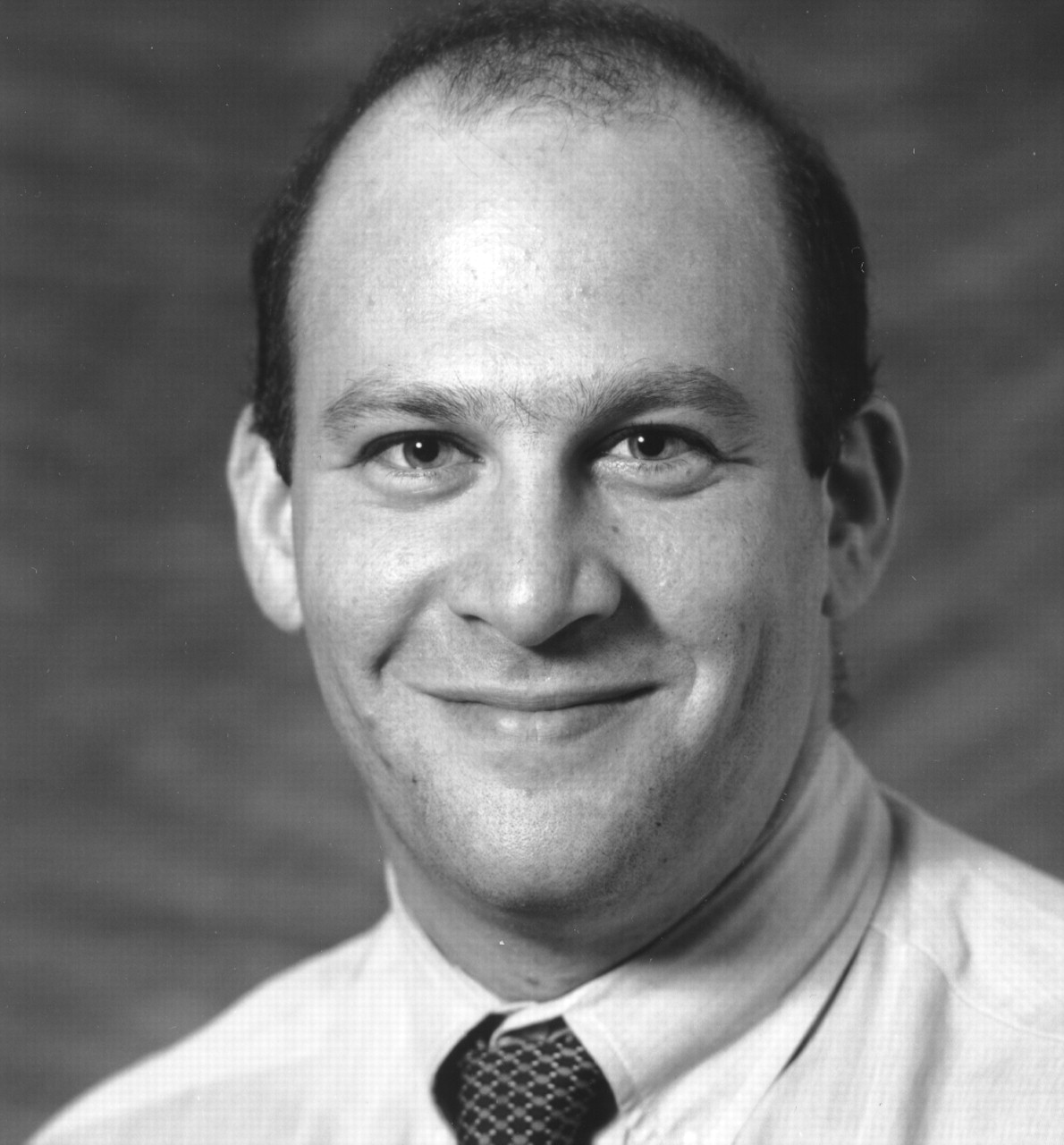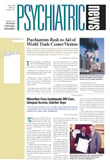Letterman: So what are these terrorists all about? Is it just mental illness?
Gumbel: I don’t know. . . . I just don’t know.
David Letterman and Bryant Gumbel, “
The Late Show,”
September 18As our national and civic leaders have told us in the week since the terrorist attacks on New York City and Washington, D.C., we are stronger now than before. The proof has been the wonderful ways in which Americans have demonstrated a zeal to come together, to help, and to offer their resources, their energies, and their effort.
On Tuesday, September 11, the entire nation was afraid of what might come next. For the first time in my memory the skies were completely clear—there were no airplanes approaching New York’s LaGuardia Airport. And then suddenly the sound and sight of a military jet would rattle everyone reeling with anxiety about “other planes.” But we pushed on, with courage and dedication to the society and civilization we have built.
This was true for doctors too. Doctors flocked to the scene or to their own emergency departments. And although the injured did arrive in droves at St. Vincent’s and Bellevue hospitals, the scene was different elsewhere. Other hospitals geared up, and whole surgical teams waited outside the emergency departments. But few ambulances came. There has been a great deal of frustration on the part of physicians in New York City. The rubble holds more than 6,000 lost.
Psychiatrists have a special role to play in any disaster, especially a violent one like this, and it is not necessarily an immediate role. Over time the public’s psychiatric needs will evolve according to the natural histories of PTSD and grief and bereavement.
Similarly, the place of psychiatry in war is a topic about which books and dissertations have been written. We psychiatrists do have a major role to play, and our national and local APA leadership has demonstrated what we can do and what we all must continue to do—organize for the prevention of mental disorders and for care for those affected. In fact, many of those we will meet will never have been in contact with psychiatry before.
But what should we not do? We should not be politicians, no matter how tempting. Consider the period following World War II: Before the war, American psychiatry was clinically oriented, and almost all of its focus was on the severely ill. With the successful application of dynamic psychiatry in the care of combat trauma (60 percent of neuropsychiatric casualties returned to their units within two to five days), it was then applied to homeland psychiatry too, and the purview of psychiatry expanded to comment on the psychopathology of everyone’s everyday life. This move was challenged by some APA leaders, such Clarence O. Cheney, M.D., a member of the APA Council (the predecessor of the current Board of Trustees), who wrote to Francis Burlingame, M.D., in 1948, “APA needs at this time [to] uphold the traditions of the Association as a scientific group and not one that is trying to tell people how to live.” But his words were ignored, and soon after that time, APA presidential addresses promised that dynamic psychiatry and its study of human motivation would be able to settle the Cold War.
We can help people cope with feelings, but what should we say about anger? Is anger alright? In the days after the attack we psychiatrists heard about “anger.” A psychiatrist speaking on television advocated that professional football should be played that weekend so that men’s aggressions could be taken out. Some clinic supervisors advocated that we help our patients “understand” the terrorist acts. Anger that is associated with vigilante attacks on persons who appear Middle Eastern may be criminal and require punishment before treatment.
But if psychiatrists work to reduce anger, aren’t we effecting a change on the national will? We must not tell normal people what to think about why these events occurred. Similarly, we needn’t speculate about the psychopathology of suicide attackers. We should focus on victims and listen to their stories.
On the cold, rainy Friday after the attack, I went to the Lexington Avenue Armory to offer help. The Red Cross asked me and other mental health professionals to sit in a room to which families that had filled out missing-person reports could come to look over the lists of known wounded or hospitalized patients. Those in charge thought that as professionals, we would be most able to inform these families that their loved ones were, in effect, killed. This was entirely new territory for me, sitting across from non-ill, grieving family members and friends of the lost. It was an immense challenge. I could only fall back on attempts to make connections. But these individuals did not wish for connection, they wanted answers. Walking home past the many color copies of pictures of the lost, I felt the day had been an inscrutable experience, but I know that it is one that I will never forget. ▪

